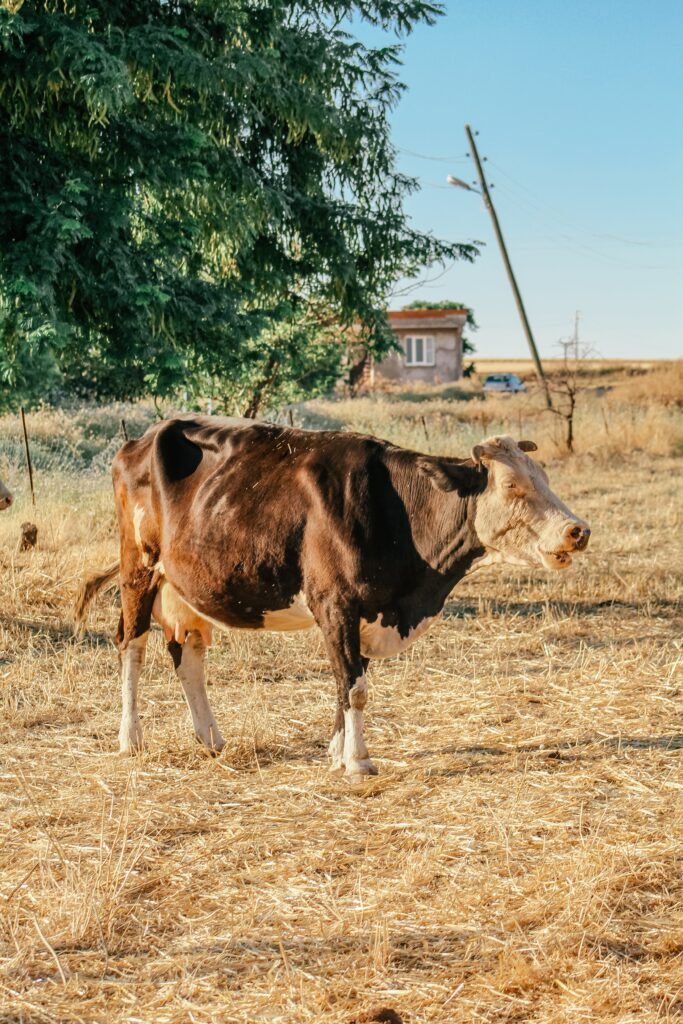
If you’re passionate about sustainable living and want to make a positive impact on the environment, then you’ll be thrilled to discover these 10 energy-efficient urban farming practices. Now more than ever, as our cities continue to grow, finding innovative ways to produce food in urban areas is essential. From vertical farming to aquaponics, these practices not only utilize limited space effectively but also minimize energy consumption, making them a perfect choice for the eco-conscious urban farmer. So, let’s explore these exciting practices and learn how you can create your own thriving urban farm while minimizing your carbon footprint.

H2 Heading 1
H3 Subheading 1
Urban farming has gained popularity in recent years as a sustainable solution to the challenges of feeding a growing urban population. However, with the increasing demand for food production, it is essential to implement energy-efficient practices to ensure the long-term viability of urban farming. In this section, we will explore ten energy-efficient urban farming practices that can help reduce energy consumption and promote sustainable food production.
H3 Subheading 2
-
Vertical Farming: One energy-efficient practice gaining traction in urban farming is vertical farming. By using vertical space and stackable growing systems, urban farmers maximize production while minimizing land use. Vertical farming also reduces the need for artificial lighting, as crops can benefit from natural sunlight when strategically positioned.
-
Passive Solar Design: Another energy-efficient practice is incorporating passive solar design into urban farming structures. By orienting buildings to maximize natural light and heat absorption, farmers can reduce the energy required for lighting and heating systems. This approach not only lowers energy consumption but also creates a more comfortable environment for both plants and farmers.
-
Rainwater Harvesting: Urban farmers can reduce their reliance on energy-intensive irrigation systems by implementing rainwater harvesting. By collecting and storing rainwater, farmers can utilize this natural resource to irrigate their crops, reducing the need for electricity-powered irrigation pumps. Furthermore, rainwater harvesting promotes water conservation, making urban farming more sustainable.
H3 Subheading 3
-
Aquaponics: Aquaponics is an energy-efficient farming practice that combines aquaculture (fish farming) and hydroponics (soilless agriculture). In an aquaponics system, fish waste provides nutrients for plants, while plant roots filter and clean the water for the fish. This closed-loop system eliminates the need for synthetic fertilizers and reduces water consumption, making it an energy-efficient and sustainable urban farming practice.
-
Renewable Energy Sources: Integrating renewable energy sources, such as solar panels or wind turbines, into urban farming operations can significantly reduce energy consumption. By generating clean energy on-site, farmers can power their lighting, ventilation systems, and other electrical equipment sustainably. Moreover, excess energy can even be stored for later use, minimizing reliance on the grid.
-
Efficient Irrigation Techniques: Watering crops efficiently can greatly impact energy usage in urban farming. Drip irrigation, for example, delivers water directly to plant roots, minimizing water loss through evaporation. By avoiding wasteful irrigation practices, urban farmers can conserve water and reduce the energy required for pumping and treating water.

H2 Heading 2
H3 Subheading 1
-
Composting: Composting is an energy-efficient practice that provides natural fertilizer for urban farming. Instead of relying on energy-intensive synthetic fertilizers, composting allows farmers to recycle organic waste and transform it into nutrient-rich soil amendments. By reducing the need for synthetic inputs, composting reduces energy consumption and promotes sustainable soil health.
-
Precision Agriculture: Precision agriculture involves using technology and data analytics to optimize farming practices, resulting in higher crop yields and reduced resource waste. By employing sensors, drones, and other advanced tools, urban farmers can monitor plant health, soil moisture levels, and nutrient requirements more accurately. This data-driven approach minimizes energy consumption by ensuring precise application of resources and mitigating potential crop losses.
-
Passive Cooling Systems: In hot urban environments, cooling systems can consume significant amounts of energy. Implementing passive cooling techniques, such as shading structures, natural ventilation, and reflective materials, can help lower the temperature of urban farming facilities without relying solely on energy-intensive air conditioning. By reducing the need for artificial cooling, farmers can minimize energy consumption and maintain optimal growing conditions.
H3 Subheading 3
- Intelligent Lighting Systems: Energy-efficient lighting plays a vital role in urban farming, especially in indoor or vertical farming setups where natural light may be limited. Intelligent lighting systems utilize LED technology and advanced controls to provide only the necessary light wavelengths and intensities for optimal plant growth. By using LEDs, farmers can reduce energy consumption compared to traditional lighting options and tailor the light spectrum to specific crop needs, maximizing efficiency.
By implementing these energy-efficient urban farming practices, you can contribute to a more sustainable and resilient food system. Whether you are an aspiring urban farmer, a community garden organizer, or a policy-maker, these practices offer effective solutions to minimize energy consumption and promote sustainable food production in urban environments. Embrace these practices and join the movement towards a greener and more efficient future of urban farming. Together, we can create thriving and energy-efficient urban farms that nourish our communities while preserving our planet.








